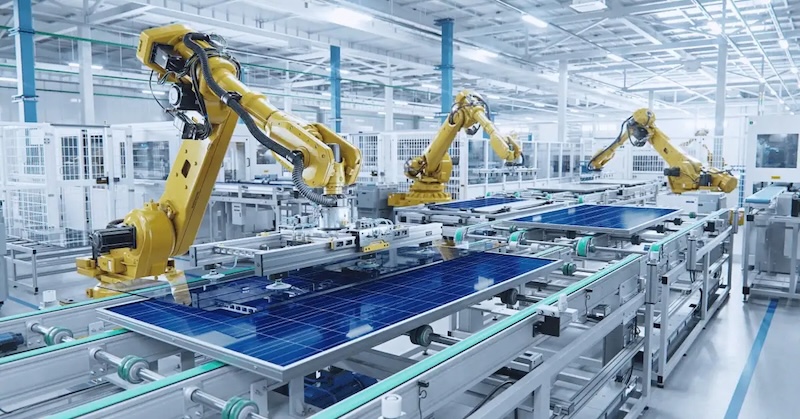Industrial automation has become a cornerstone of modern manufacturing and production processes. By utilizing advanced machinery, control systems, and software, industries can streamline operations, enhance precision, and reduce human intervention.
This evolution in technology allows companies to maintain higher standards of productivity while minimizing errors and operational costs.
Efficiency and Productivity Improvements
One of the most significant advantages of industrial automation is the boost in efficiency. Automated systems can operate continuously without fatigue, performing repetitive tasks with high accuracy.
Production lines in automotive, electronics, and packaging industries benefit immensely, as machines can handle large volumes at consistent speeds. This not only accelerates production cycles but also ensures uniform quality across all products.
Enhanced Safety and Risk Reduction
Industrial automation also significantly improves workplace safety. Dangerous tasks that once required human presence can now be performed by robots or automated machinery.
Industries dealing with hazardous chemicals, high temperatures, or heavy equipment can reduce the risk of accidents.
Safety protocols integrated into automated systems can detect anomalies in real time, preventing potential injuries and equipment damage.
Cost Savings and Resource Management
Although the initial investment in automation can be substantial, the long-term financial benefits are considerable. Automated systems reduce labor costs by minimizing the need for manual intervention.
Additionally, they optimize the use of raw materials, lowering waste and improving overall resource efficiency. This is particularly valuable in sectors such as food processing and pharmaceuticals, where precision and minimal waste are crucial.
Flexibility and Scalability
Modern automated systems offer impressive flexibility, allowing manufacturers to adapt quickly to changing demands. Adjustable machinery can switch between different production tasks with minimal downtime.
This scalability is essential for industries like consumer electronics, where product lines frequently change, and manufacturers must respond swiftly to market trends. The ability to reconfigure production lines without significant delays is a vital competitive advantage.
Quality Control and Consistency
Quality assurance is another area where industrial automation excels. Automated systems equipped with sensors, cameras, and data analysis tools can detect defects or deviations instantly.
This ensures consistent quality and reduces the likelihood of recalls or rework. In sectors such as automotive and aerospace, where precision is non-negotiable, maintaining stringent quality standards is crucial for safety and brand reputation.
Maintenance and Reliability
Predictive maintenance is a growing benefit of automation. Machines equipped with monitoring tools can detect early signs of wear or malfunction, allowing for timely interventions.
This proactive approach minimizes downtime and prevents costly breakdowns. Working with a reliable industrial automation spare parts supplier ensures that replacement components are readily available, keeping production lines operational without prolonged interruptions.
Impact Across Industries
The influence of industrial automation spans multiple sectors. In manufacturing, it accelerates production and maintains quality.
In logistics, automated sorting and handling systems improve efficiency. In energy, automation helps monitor and optimize power generation and distribution.
Even in agriculture, automated machinery can enhance planting, irrigation, and harvesting processes. The broad applicability demonstrates how automation continues to reshape traditional workflows, providing measurable advantages in both output and safety.

